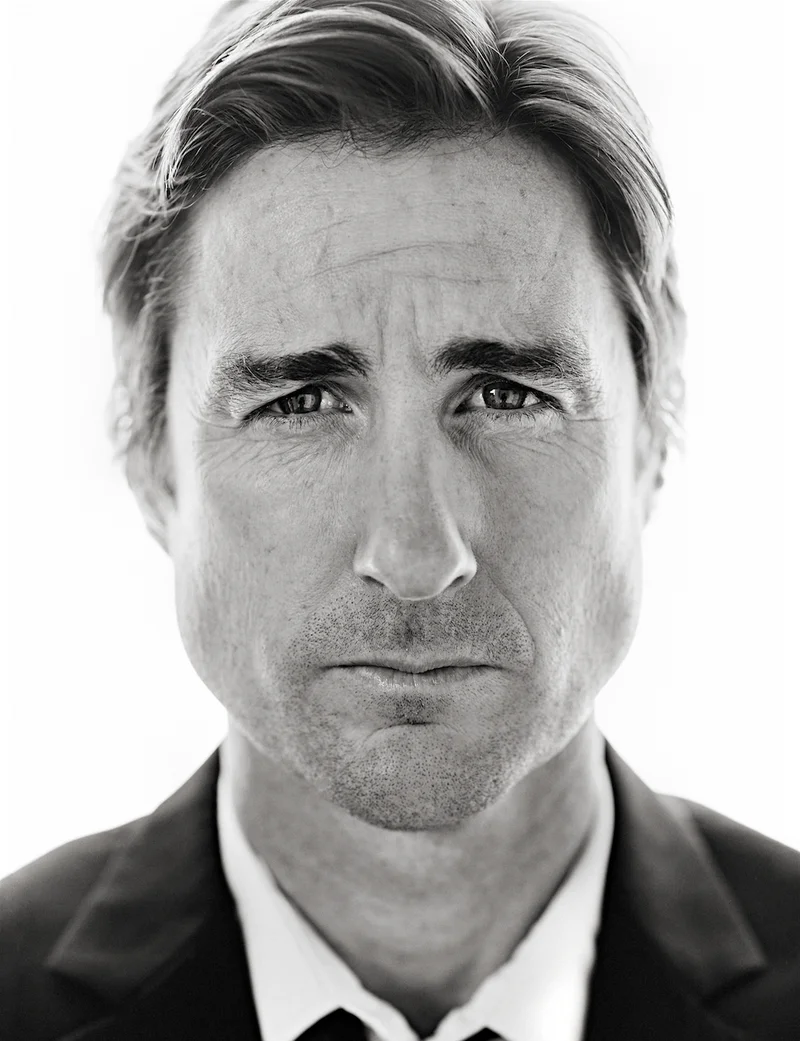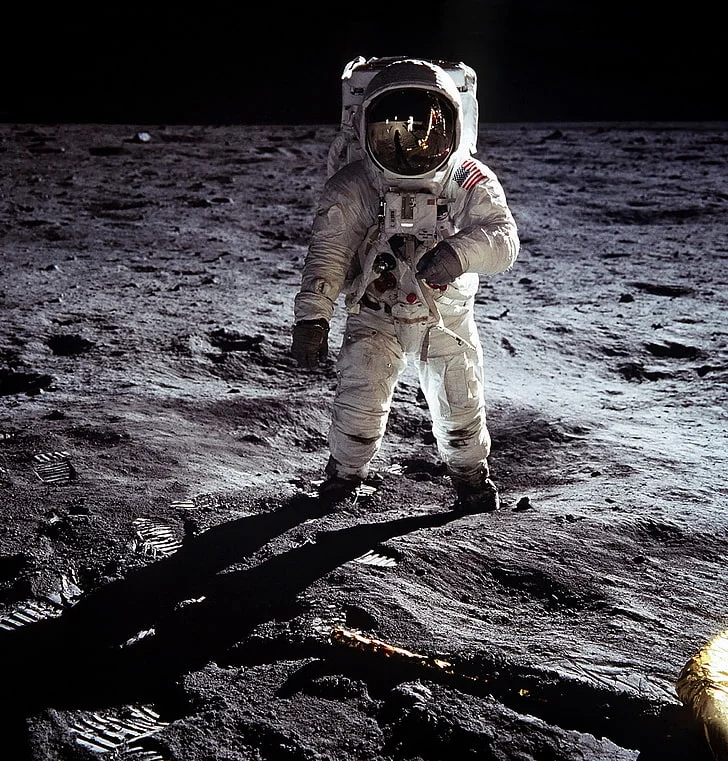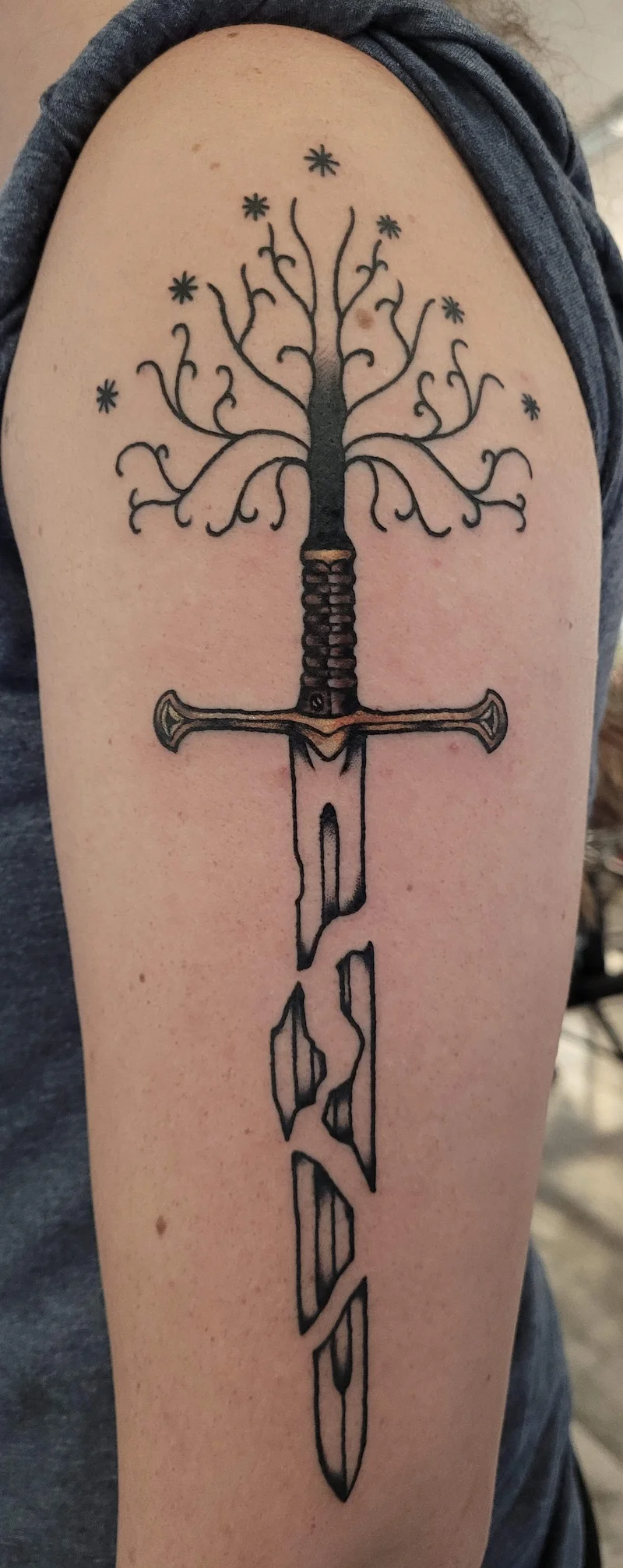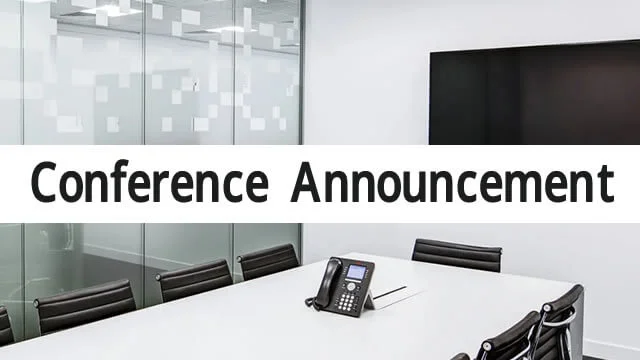AT&T's Luke Wilson Campaign: A Masterclass in Nostalgia and Brand Storytelling
I was scrolling through my feeds the other night, half-watching a stream, when a familiar face popped onto the screen. It was the actor Luke Wilson, looking as earnest and trustworthy as he did in any of his movies, standing in a field talking about… phone service. But this wasn’t just another celebrity endorsement. This was a declaration of war. And when I saw the first of AT&T’s new commercials, I honestly just sat back in my chair, speechless for a moment. Not because of the ad itself, but because of what it represents.
This isn’t about a phone plan. This is a battle for the soul of American infrastructure.
For years, we’ve been caught in a whirlwind of promises. T-Mobile, the self-styled “Un-carrier,” painted the town magenta with a disruptive, rebellious spirit. They promised price locks, unbeatable 5G, and a break from the old guard. And it worked. They fundamentally changed the wireless industry. But now, the old guard is fighting back, and they’re not fighting on the battlefield of hype. They’re fighting on the battlefield of trust. AT&T, with Luke Wilson as their folksy avatar, is essentially asking a profound question: In our hyper-connected world, what do you value more? A flashy promise or a foundational guarantee?
The Trust Deficit in Our Digital Foundation
Let’s be clear about what’s happening here. AT&T is drawing a line in the sand. Their campaign, with ads titled “Ain’t Our First Rodeo,” is a direct shot at T-Mobile’s credibility. They’re pointing to T-Mobile’s broken “lifetime price lock” promise and what they call misleading implications about network coverage. They even flash a newspaper headline on screen: “T-Mobile Most Challenged For Deceptive Ads.” It’s Luke Wilson rides again with AT&T, bashing T-Mobile out on the prairie, a far cry from the usual feel-good network ads showing happy families video-chatting in a park.
This is less of a marketing campaign and more of a public intervention. AT&T is positioning itself not as a competitor, but as a truth-teller. The core of their argument is reliability—in simpler terms, it's the promise that the digital ground beneath your feet won't suddenly turn to sand when you need it most. They’re leveraging their own legacy, a history stretching back to 1876, to frame T-Mobile as a flashy upstart whose promises are built on shaky ground.
But here’s the fascinating, complicated truth: this is a classic case of the pot calling the kettle black. The fine print reveals that both AT&T and T-Mobile have settled with state attorneys general over deceptive advertising. So, what are we to make of this? Is this just two corporate giants slinging mud? I don’t think so. I think it signals something far more important. It shows that the entire industry has reached a breaking point. The model of winning customers through a constant barrage of confusing offers, asterisks, and ever-shifting promises has created a deep and pervasive trust deficit. We’re all tired of trying to decipher our phone bills. We’re all tired of wondering if the coverage map is a work of fact or fiction.

The whole conflict is like watching two different kinds of architects argue over how to build a city. T-Mobile is the hotshot developer putting up gleaming glass towers, marketing them with promises of "the best views" and "revolutionary living," even if some of the plumbing is a bit experimental. AT&T is the old, grizzled city engineer, pointing to the blueprints of the sewer system, the power grid, and the foundational bedrock, saying, "This shiny stuff is great, but none of it matters if the lights don't stay on." The question is, which architect do you trust to build the city you live in?
More Than Marketing: A Battle for Philosophy
This campaign is the visible tip of a much larger, more profound strategic iceberg. It’s timed around the one-year anniversary of the “AT&T Guarantee,” a pledge that covers both their wireless and fiber networks. This isn’t just a slogan; it’s a philosophical pivot. AT&T is making a massive gamble that in an age of constant hype and digital noise, the quiet promise of a network that's just always there is the most disruptive idea of all—it means we can stop thinking about our connection and start focusing on what we do with it.
Think about the early days of the electrical grid. A century ago, electricity was a chaotic, competitive marvel. Different companies made wild claims, and service was often spotty. But what ultimately won wasn't the company with the flashiest ads for its lightbulbs. It was the company that built the most reliable infrastructure, the one that could guarantee that when you flipped a switch, the light would turn on. Every single time. That’s the historical parallel I see here. We are moving out of the "novelty" phase of mass mobile connectivity and into the "utility" phase. It’s no longer a fun accessory; it’s the essential nervous system of modern life.
This shift carries with it an immense ethical responsibility. When your service is the conduit for everything from a child’s education to emergency services to a nation’s commerce, your claims aren't just marketing. They are a public trust. Misleading customers about coverage or price isn't just bad business; it's a fundamental crack in the foundation of our digital society. What does it say about where we are today that the companies providing this essential service have to hire a beloved actor like Luke Wilson—a man whose on-screen persona is the epitome of the decent, reliable guy—just to convince us they’re telling the truth?
It forces us to ask some hard questions. Have we, as consumers, become so conditioned to chase the new and the novel that we’ve forgotten the immense value of sheer, unglamorous dependability? And for the carriers, will this public brawl finally force a new era of transparency, or will it just be another chapter in the endless carrier wars?
The Bedrock We Choose to Build On
In the end, this fight isn't really about AT&T or T-Mobile. It's about us. It’s a reflection of our own evolving relationship with technology. The disruptive energy of the "Un-carrier" was necessary; it shook a stagnant industry awake. But perhaps we're now entering a new stage of technological maturity. We're moving past the breathless excitement of "what's possible?" and into the critical need for "what's dependable?" AT&T's campaign, for all its corporate self-interest, is a bet that we are ready for that shift. It’s a bet that we're tired of the noise and hungry for a signal we can count on. The real winner here won’t be the company with the best ads, but the philosophy that best understands what we need our digital world to be: not just a dazzling spectacle, but a stable foundation upon which we can build our lives.
Related Articles
The HVAC Racket: Repair vs. Replacement and How to Pick a Company That Won't Screw You Over
So, let me get this straight. The Los Angeles Angels, a professional baseball franchise supposedly w...
Robot Ambitions: Solid-State Batteries and AI Chips
Alright, let's talk about Xpeng and their sudden robot obsession. The Guangzhou-based EV maker says...
Google's Space Datacenters: What's the Point and Who Asked For This?
Google Wants to Put Data Centers in Space? Yeah, Right. Google, huh? Space data centers. Project Sun...
Anduril's AI Jet 'Fury' Takes Flight: Why This Changes Everything for Aerial Warfare
I have to be honest with you. When I first saw the news that Anduril's unmanned jet "Fury" makes fir...
Dubai: Influencer Death and What We Know
Generated Title: The Dichotomy of Fame: When Social Media Success Collides with Real-World Consequen...
Galileo (GLTO): The Quiet AI Breakthrough That Will Define Our Future
It’s not often I’m left genuinely speechless. In my line of work, you see a constant parade of "next...





